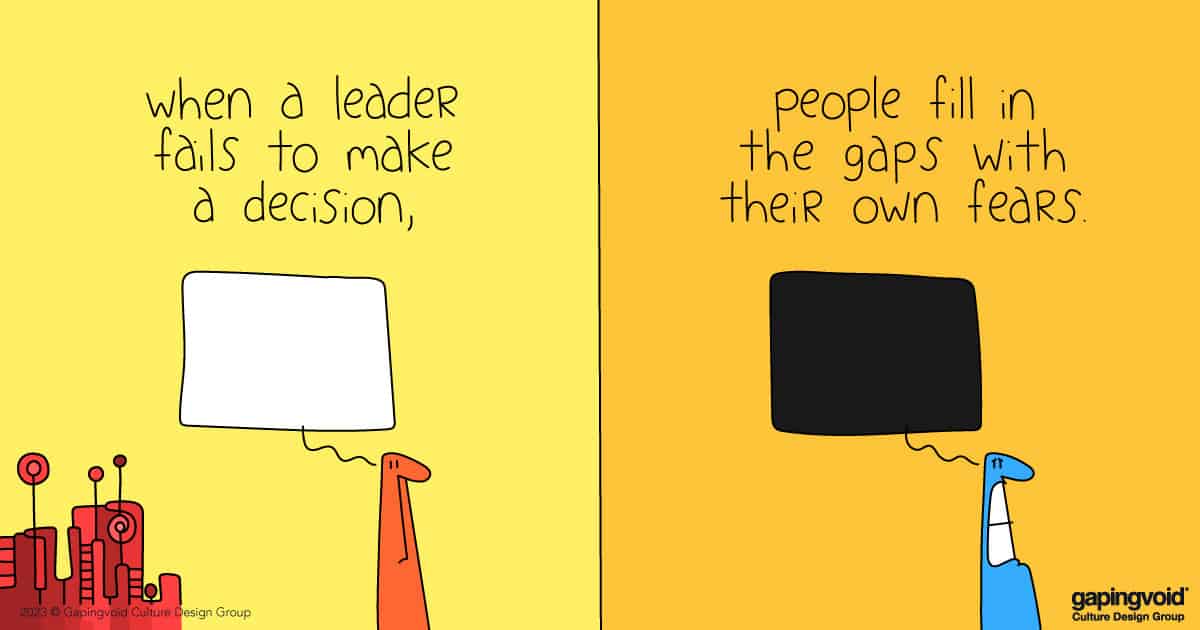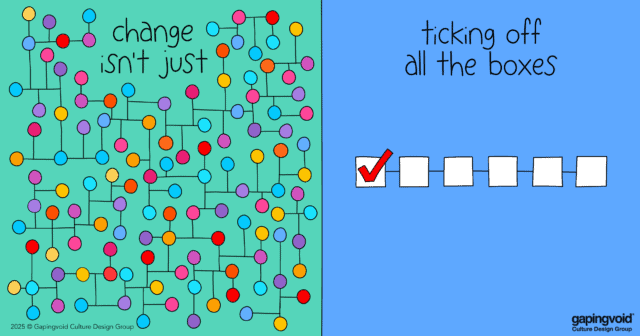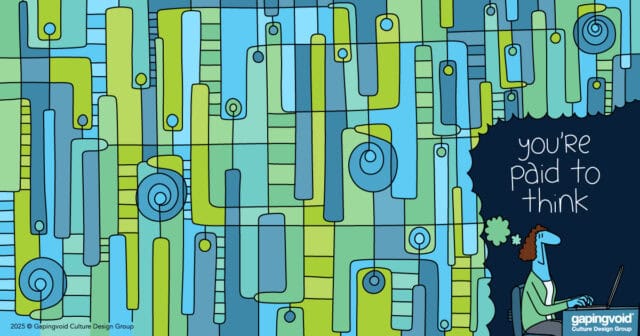
There are deep reservoirs of wisdom in the old carpentry adage, “measure twice, cut once.”
The idea is that it’s easier to ensure you do something right the first time than it is to revert your mistakes once you’ve made them.
Unfortunately, many large companies ignored the hard-earned wisdom of the carpenters.
Recently, headlines have been dominated by waves of layoffs from major tech firms, including Amazon, Facebook, and Twitter. As we wrote, many of these layoffs aren’t due to the signs of upcoming economic turbulence but a realization that there were more people on staff than needed.
But in an effort to revert their mistake, some firms ended up making another mistake. Initially, they hired more people than they really needed. Then, they announced layoffs but ended up firing fewer people than they said they would.
In both instances, “measuring twice” might have helped.
Hiring people is expensive. Firing people is more expensive.
It’s more costly than companies realize because what the usual measurements don’t take into account is the impact on an organization’s culture. Mass layoffs weaken its fabric, especially when they are miscommunicated. Psychological safety plummets. People are caught wondering if they’re next. This is true when a company announces 10,000 job cuts and actually fires all 10,000, but it seeds even more worry when companies announce 10,000 job cuts but only fire 2,000.
Is the ax going to fall 8,000 more times or not? Did they mean it when they said “we are like family here?” Should I even try to do work if I might get laid off anyway? Questions like these understandably run through people’s minds when their organizations mismeasure, miscalculate, and miscommunicate.
If we order something valuable, the box it arrives in typically states “fragile,” and “handle with care.” A company’s culture is its most valuable asset. Handle with care.

Melanie Perkins (1987-) is an Australian entrepreneur and the co-founder and CEO of Canva, the design platform that’s made everyone feel like a graphic designer. Today, Canva is valued at $26 billion but Melanie faced rejection after rejection to get there (pitching to over 100 VCs before hearing a yes). Her insight into the gap in the marketplace and her vocal support of needing more women and minorities in tech have made her one of the most innovative entrepreneurs of the past decade.



